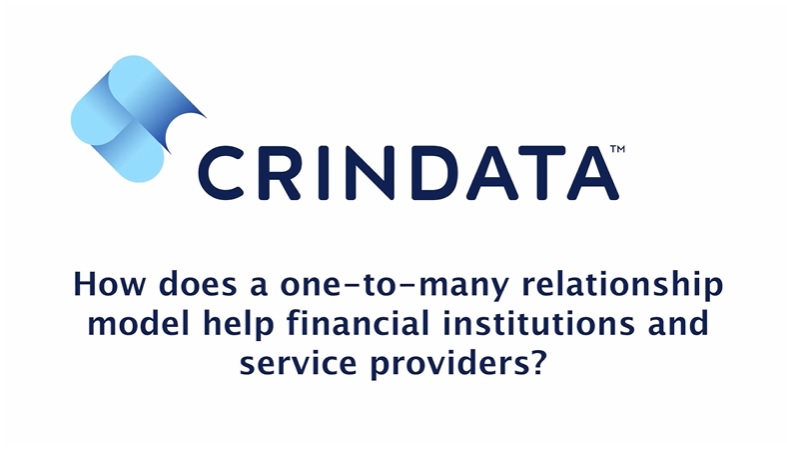Jim Freis talks about the difference between a one-to-one and a one-to-many relationship model for financial institutions and their service providers in regards to regulatory notification requirements.
From an individual financial institution relationship, it is a bilateral relationship with respect to any individual service or any individual service provider.
From the service provider side, that’s not necessarily the case. The service provider could be providing this same offering to hundreds, potentially thousands of customers at a given time. And depending on the nature of the disruption, in the most severe case that the entire service offering is down, then each and every one of those financial institutional customers should get a prompt notice, at least an early notice of the potential impact for their customers or their service offering.
CRINDATA allows that in a structured and standardized way for the prompt notification to all who are concerned, but it also involves the ability to then differentiate that channel or how that channel is continued based upon the actual impact to that customer.
So you can expand out, you can narrow in. All of it, however, is subject to the structured process, that we know the communication is going in a secure way from an authorized party on the one side, the service provider, to an authorized party on the financial institution side, subject to audit trail, it’s subject to timestamping. And that record is there if anyone were to inquire in the future. And frankly, when you have incidents, that’s exactly when you want to know that you have a solid record of what events occurred, including regulatory notification requirements.
